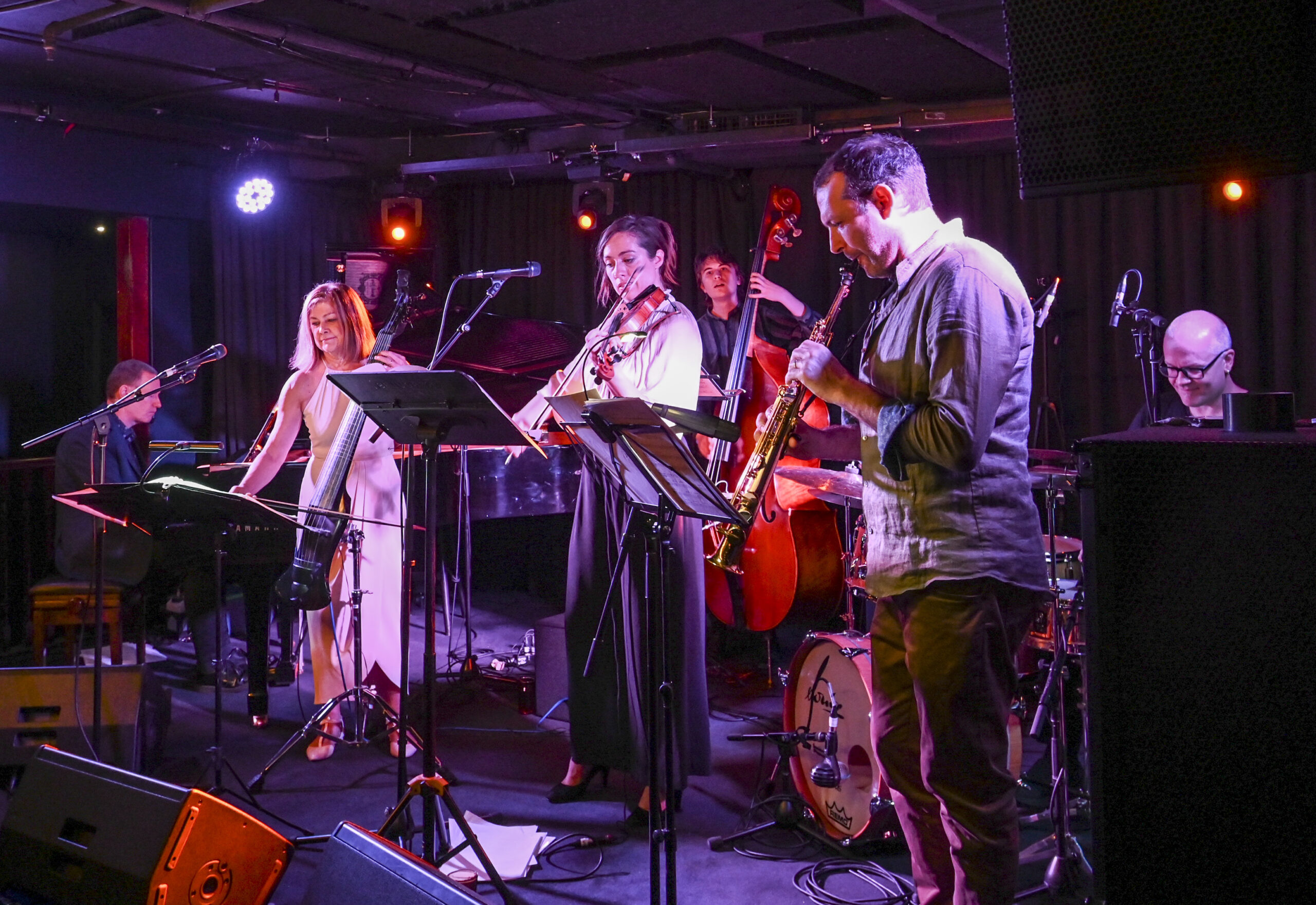Elysian fields or elysian plain. Elysium, in greek mythology, originally the paradise to which heroes on whom the gods conferred immortality were sent. It probably was retained from minoan religion. — in greek mythology, the place at the ends of the earth to which certain favoured heroes were conveyed by the gods after death. The name comes via latin from greek elusion (pedion) ‘ (plain) of the blessed’. It is also known as the elysian fields. Later the poet vergil in the aeneid (6. 539ff. ) has his hero descend to the elysian fields to seek his father anchises, who is among those chosen to live peacefully in the shady groves and verdant meadows. The elysian fields are, therefore, the paradise of classical antiquity set aside for those of virtue or valor. Elysian the elysian fields heaven. Literary homer describes the elysian fields (called elysium by latin writers) as the happy land in which the blessed spirits live in the afterlife. Elysium ( / ɪˈlɪzi. əm, ɪˈlɪʒəm / [ 1] ), otherwise known as the elysian fields ( ancient greek: Ἠλύσιον πεδίον, ēlýsion pedíon) or elysian plains, is a conception of the afterlife that developed over time and was maintained by some greek religious and philosophical sects and cults. In the homeric mythology the elysian fields lay on the western margin of the earth, by the stream of oceanus, and to them the mortal relatives of the king of the gods were transported, without tasting of death, to enjoy an immortality of bliss. 1 in the time of hesiod, the elysian plains had become the isles of the blessed (μακάρων. In 1469 antarctica, amid the breathtaking southern lights, a gathering unfolds with explorers and mystics in solemn reverence before an extraordinary penguin. Perched on a rocky pedestal adorned with ancient symbols that shimmer in the celestial light, its. Elysium or the elysian fields is a conception of the afterlife that developed over time and was maintained by some greek religious and philosophical sects and cults. Initially separate from the realm of hades, admission was reserved for mortals related to the gods and other heroes. — the elysian fields were the destination for great heroes and the favored children of the gods. Homer described elysium as a place of eternal rest where men did not have to take part in any of the difficult toils they had faced in their mortal lives. — in greek and roman mythology, elysium was the place of rest for the dead who were blessed by the gods. It was also known as the elysian fields or the elysian plain. Originally only heroes whom the gods had made immortal went to elysium. Eventually, it became the destination of anyone who had lived a righteous life.
